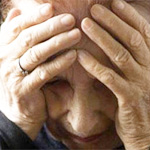
|
Associate Professor Chuthamanee C Suthisisang BPharm, PhD Department of Pharmacology, Faculty of Pharmacy, Mahidol University. Title image from : http://images.indianexpress.com/2016/09/dementia-main.jpg |
|
| 43,043 View 2 hours ago | |
| Publication date: 2017-09-29 |
The Thai population is aging rapidly and is considered as “aged society. Within 7-10 years, it is projected that 17 million Thais will be 65 years or older and will entered the “completely aged society”. Therefore, the prevalence of dementia is also increased in these aging population. Dementia describes a group of symptoms affecting memory, thinking and social abilities. Dementia has many forms and a variety of causes such as Alzheimer’s disease, vascular dementia, Lewy body dementia and frontotemporal dementia etc. Even though, these dementia conditions have different brain pathology, multiple neurotransmitter systems are declined such as acetylcholine, norepinephrine and dopamine. 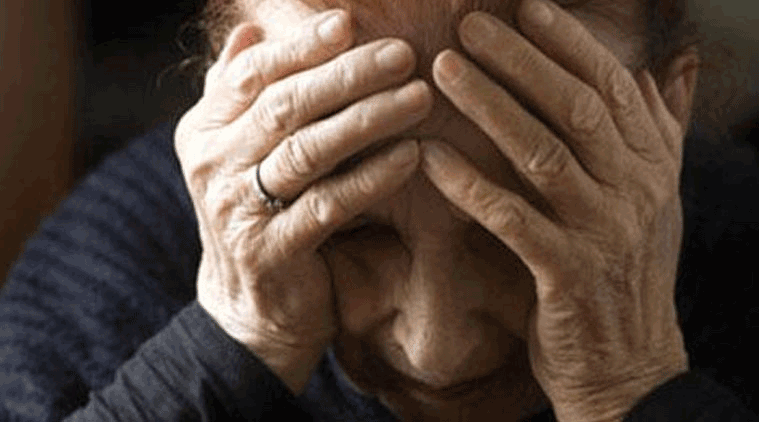 Image from : http://images.indianexpress.com/2016/09/dementia-main.jpg
Image from : http://images.indianexpress.com/2016/09/dementia-main.jpg
Acetylcholine is involved in learning and memory processing in the brain. The reduced activity in the acetylcholine system has been correlated with cognitive decline in dementia. Norepinephrine and dopamine are crucial for concentration, attention and motivation. A decreased in these neurotransmitters levels may lead to loss of motivation and apathy.
Thus, prescribing drugs that interfere with these neurotransmitters may aggravate the memory function in patients with dementia.
The following table summarizes drugs that antagonized acetylcholine function in the brain and associated with worsening cognitive function in patients with dementia. 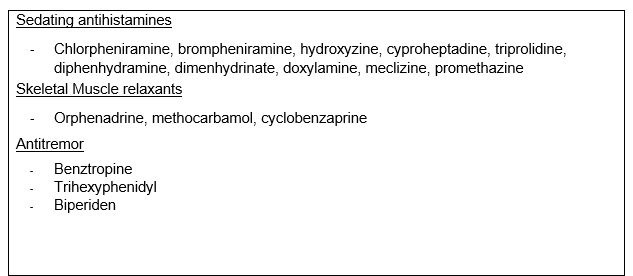
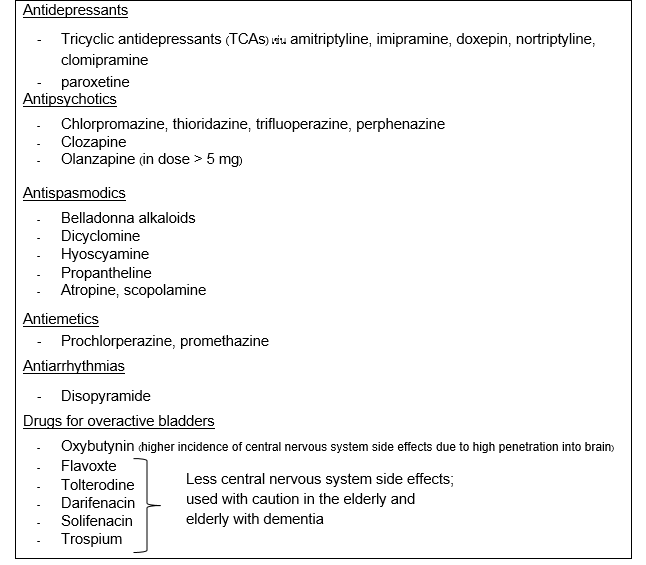
In the case of allergy or rhinorrhea, nonsedating antihistamines (which did not reduce acetylcholine function) such as loratadine, fexofenadine, desloratadine should be prescribed for this symptoms. Sedating antihistamines may induce confusion in patients with dementia.
Drugs that antagonized or reduced norepinephrine function such as drugs that used for benign prostatic hyperplasia eg. terazosin, doxazosin, tamsulosin and alfuzosin can induce apathy and asthenia in elderly and elderly in dementia. These drugs should be used at the maximal tolerable dose and central nervous system side effects should be closely monitored.
Reference
Recommended articles

|
Thai Traditional Medicine Theory in Relation to Seasons Part 1 1 hours ago |

|
Food allergy in children:a brief information for new parents 1 hours ago |
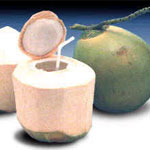
|
Young Coconut Water: The functional drink from nature 1 hours ago |
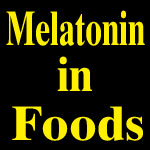
|
Melatonin in foods 1 hours ago |

|
Stevia: Natural sweetness...sweetener of choice 1 hours ago |

|
Thai Traditional Medicine Theory in Relation to Seasons Part 2 2 hours ago |

|
Top 10 Potassium-Rich Foods & Health Benefit 2 hours ago |

|
Health effects of plant-based diets 3 hours ago |
|
|
Preservatives in sausages, ham, and bologna 4 hours ago |

|
Can probiotics survive under medication treatments? 5 hours ago |
